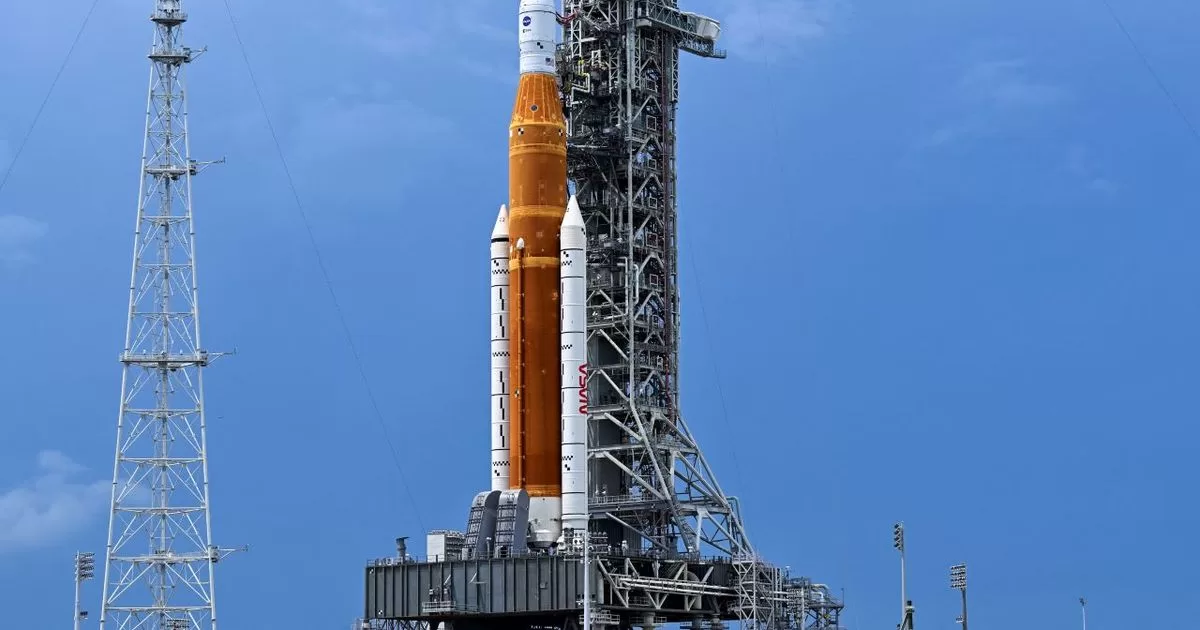CAPE CANAVERAL — Astronauts will have to wait until next year to travel to the Luna and another few years before being able to land on it, according to the most recent postponements announced by the NASA on Tuesday.
USA will delay from 2025 to 2026 its plans to return astronauts to the surface of the Moon within the framework of the Artemis 3 mission, NASA Administrator Bill Nelson announced this Tuesday.
Artemis, named after the sister of Apollo in Greek mythology, was officially announced in 2017 as part of the US space agency’s plans to establish a permanent presence in Earth’s closest celestial neighbor and apply the notions learned there to a future trip to Mars.
Its first mission, called Artemis 1, an unmanned flight to the Moon and back, took place in 2022 after several delays.
New dates
The Artemis 2 mission, manned but not landing on the moon, was postponed from the end of this year to September 2025, Nelson told the press.
And Artemis 3, in which for the first time in more than 50 years two people will set foot on the Moon’s south pole, will now take place in September 2026.
“Safety is our main priority,” recalled the NASA director, who announced “more time to work on the development” of the Artemis project.
Despite the postponements, “I really don’t think China will land (on the Moon) before us,” he said.
The Artemis 2 mission is expected to last about 10 days with four astronauts on board as it passes around the Moon. Three Americans – Reid Wiseman, Victor Glover and Christina Koch – and Canadian Jeremy Hansen are already in the training phase.
Security
This mission has been postponed for safety reasons, as several problems must be resolved before takeoff, explained Amit Kshatriya, a senior NASA official.
The first refers to the heat shield that protects the Orion capsule when it re-enters the Earth’s atmosphere. During Artemis 1, burned material was released from it, which was not expected. The conclusion of an investigation in this regard is awaited.
NASA also wants more time to examine the batteries in Orion’s ejection system, which must function in case of problems during takeoff.
The US agency’s return to the Moon project also seeks to build a space station called Gateway, which will host spacecraft on subsequent missions.
The Artemis 4 phase, still scheduled for September 2028, will be the first mission of the new Gateaway station.
Tycoon Elon Musk’s SpaceX company won the contract to develop a landing system for Artemis 3, based on a version of its Starship rocket prototype, still far from ready after its two orbital tests failed.
Source: With information from AFP





